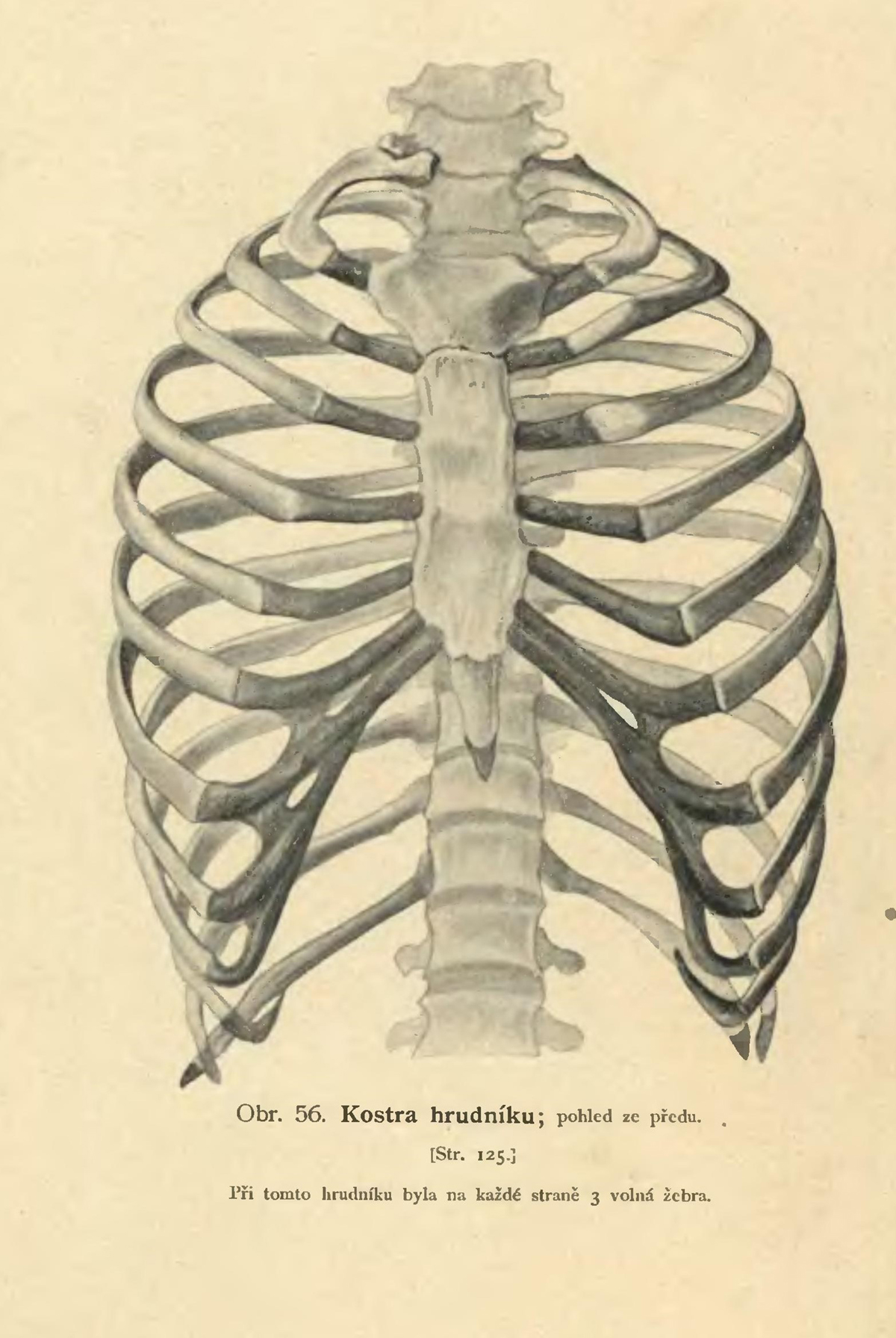
Characteristics of Ribcage
Our ribcage consists of numerous bones and bony structures forming a shape similar to a cage, therefore bearing the name it bears. Our ribs, our breastbone and some other bones and cartilage all form this group. Being shaped as it is, our ribcage is quite prone to injuries and, therefore, it may be damaged easily, most often by physical blows upon the area. Depending on the severity of the injury, there are different symptoms connected to it, and thus, different possibilities for treatments.
Reasons Behind Ribcage Pain
In cases of direct injury caused by a blow inflicted upon one's ribcage, you should seek medical attention as soon as possible. The doctor will then do an X-ray scan of the troublesome spot and establish a proper diagnosis of the injury, suggesting the best treatment possible.
Alternative reasons for ribcage pain may be due to an inflammation. This condition affects the cartilage connecting our breastbone to our ribs. When this area gets inflamed, you are bound to experience excruciating pain and discomfort. In a similar manner, our ribcage muscles may get inflamed. Costochondritis is the name of this condition and it by viral activity or excessive coughing straining the above mentioned muscles. Both cases are likely to cause pain, irritation and mobility issues.
Interestingly enough, malnutrition may be behind ribcage pain too. Namely, if you tend to overeat frequently, your stomach is likely to get bloated and full of gasses. Moreover, this is bound to happen if your diet is an unhealthy one. These gasses put a pressure upon your ribs, causing pain in your ribcage. Also, liver problems may cause this pain. Then, liver cancer may be the worst case scenario, resulting in frequent and severe pain in this area.
Possible Treatments
Since there are many different causes related to this condition, it is only logical that all of them have different treatments. Thus, the reason behind your ribcage pain needs to be established before any further action is taken. In most cases, the doctor will first prescribe some anti-inflammatory medications or painkillers to be taken for several days, hoping these will be enough for the pain to cease. However, if he or she is proven wrong, steroid injections are the next step. Other types of treatments, including surgical intervention, all depend on the cause and the severity of the problem.
Before visiting your doctor, which you are advised to do as soon as possible, you are to rest and reduce movement to a minimum. Alternatively, you may apply ice packs on the painful area in order to decrease the pain and possible swelling.


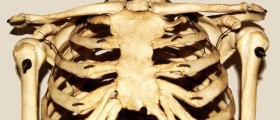
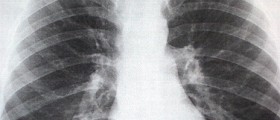

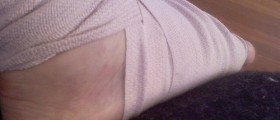



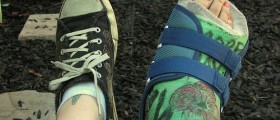





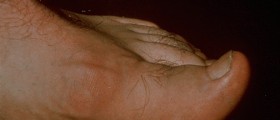

Your thoughts on this
Loading...